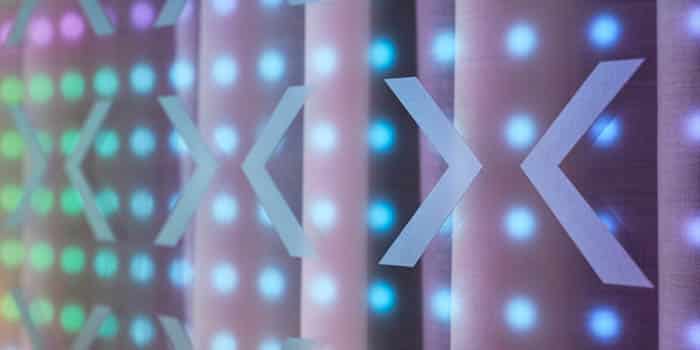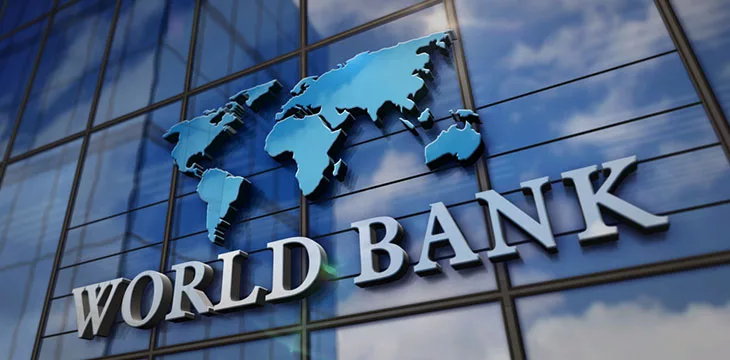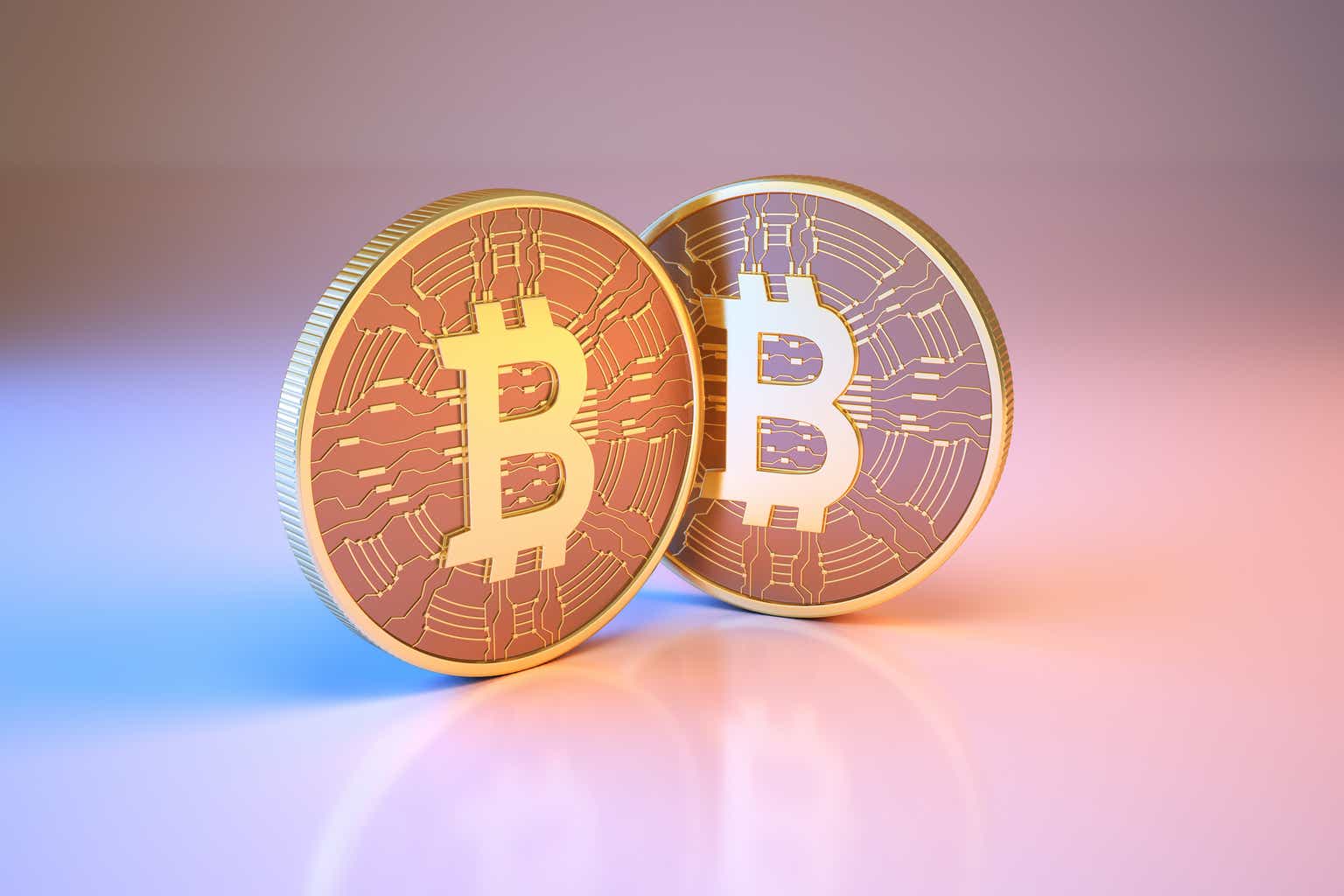Blockchain technology will have a significant impact on the education system in India

Blockchain technology is a decentralized, distributed ledger that stores the record of ownership of digital assets. Data stored on the blockchain cannot be changed. While blockchain is still largely limited to use in recording and storing transactions for cryptocurrencies such as Bitcoin, proponents of blockchain technology are developing and testing other uses for blockchain.
Blockchain technology has the potential to revolutionize a wide range of industries, including the education sector. In India, blockchain can be used to improve educational outcomes, streamline administrative processes, and increase transparency and accountability.
One of the most important ways blockchain can be used in education is by creating a secure, decentralized database of student records. This will enable efficient and tamper-proof management of academic records, eliminate the need for physical prints and reduce the risk of fraud or errors in record keeping. It will also make it easier for students to transfer their records between educational institutions, as all their academic information will be stored in a single centralized location that can be easily accessed by any authorized party.
Another potential use for blockchain in education is the verification of degrees and other educational qualifications. Dayananda Sagar Institution’s Joint Secretary, Nishan H Sagar, speaks on the subject: “In India, there have been cases of individuals fraudulently claiming to have certain qualifications to get jobs. By using blockchain to verify the authenticity of educational qualifications, employers will be able to verify the credentials of job applicants more easily and accurately, helping to prevent this type of fraud.”
In addition to these benefits, blockchain can also be used to create decentralized systems for the distribution of educational materials and resources. This can help make education more accessible, especially in rural areas where access to educational resources may be limited. “Blockchain can be used to create a platform for sharing educational videos, lectures and other resources between students and teachers. This could allow students in remote areas to access the same high-quality educational materials as those in more urban areas, helping to build bridging the education gap”, says Mr. Nishan H Sagar.
Overall, the adoption of blockchain technology in the education system in India has the potential to bring a number of benefits, including improved efficiency, reduced risk of fraud, and increased access to education. It can also help ensure the integrity of the education system and the qualifications it awards, and help build trust and confidence in the value of a college degree. As such, it is likely that we will see increased adoption of blockchain in the education sector in India in the coming years and under the guidance of Mr. Nishan H Sagar, Dayananda Sagar Institutions is positioned to take that leap forward.
























